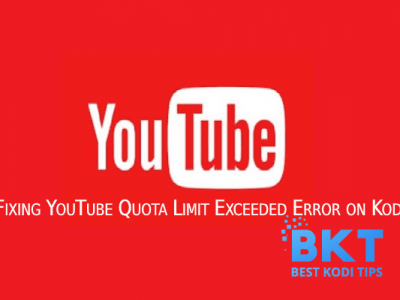The discussion is mostly around legal issues such as risks and regulations when it comes to consumer data. With new privacy regulations such as the General Data Protection Regulation (GDPR) and California’s Consumer Privacy Act, organizations have to be extra careful about how they collect and use consumer data.
Collecting a huge amount of data from a website can be impractical. If done manually, it is not only time-consuming but also prone to human error. Automating the task can sometimes lead to violations of the terms of service of the website. This is where Application Programming Interfaces (APIs) can be immensely useful. APIs provide a way of communication between users and websites, structured by rules. If you are looking at ethical ways of collecting data, you should consider using APIs. However, what is an API?
What is an API?
An API is a software intermediary that makes it possible for two applications to communicate with each other. When you send an instant message or use apps such as Facebook, you are using an API.
Say you are using an app on your phone. When you use the app, it connects to the Internet and sends data to the server. The server retrieves the data, interprets it, performs the required action, and then sends it back to your phone. The app on your phone then interprets that information and presents it to you in a readable way. This is how an API works.
When it comes to collecting data, there are two ways to do it with an API. You can either use web scraping in coding languages like R or Python web scraper tools. If you know how to create and host a Flask API, you can also use that method for data collection.
Why use API for data retrieval?
Using APIs is beneficial since it simplifies two major challenges in data retrieval. First, it provides you with a standard and consistent platform for communication between two different systems. That is why when you use APIs; you do not need to create an integration layer yourself. Second, you can automate the entire retrieval process without the need to fetch the data each time.
The most commonly used architectural style of API is REST or Representational State Transfer. It defines how applications can communicate effectively over HTTP to transfer information quickly and efficiently. The common HTTP actions that RESTful APIs support is GET (to request data), POST (to send data from a client to a server), PUT (to update existing information), and DELETE ( to delete information from the server).
How to use a web scraping API?
Web scraping APIs are usually offered in the SaaS (Software as a Service) format. It combines the functionalities of web scraping tools with the compatibility and flexibility of an API.
Every web scraping API may be different, but they have the following common characteristics:
- Each uses a headless browser for rendering JavaScript and accessing the HTML code behind dynamic websites.
- It automatically rotates proxies but also gives users the option to use static proxies.
- It has a proxy pool consisting of thousands of data centres and residential proxies.
- Web scrapping API uses anti-captcha and anti-fingerprinting functionalities to blend in with regular visitors.
The biggest advantage of using an API is that it easily integrates with other scripts or software products running. After getting your API key, you can feed the extracted data straight into other applications with just a few lines of code. As long as you have some coding knowledge, web scraping APIs can be an excellent option for smaller businesses and organizations with complex software infrastructure.
Why is API an ethical choice?
APIs are an ethical choice when collecting consumer data, and that is because, besides their numerous benefits, APIs offer a layer of security. The data on your phone is never fully exposed to the server. Similarly, the information on the server is not fully exposed to your phone. Both the server and your phone communicate with just small packets of data, which means it shares only what is necessary.
APIs are no longer just a generic connectivity interface to an application. The modern API has characteristics that make it immensely useful and valuable. They adhere to the standards like REST and HTTP and are easily accessible. They are also developer-friendly and are understood broadly.
APIs are treated as products and not like code. They are created for specific audiences and are well-documented. They are also versioned so that users can have certain expectations regarding their lifecycle and maintenance. Since APIs are much more standardized, they have a stronger discipline for security and governance. APIs are also monitored and managed for performance and scale.
Conclusion
Finding the perfect web scraping solution for your business can be a bit tricky. You will need to consider many factors, such as the number of websites you want to scrape, how often you want to scrape, and whether those pages would change their layout. APIs are undoubtedly a good choice. You can try various APIs available to select the best one for your business.















Comments